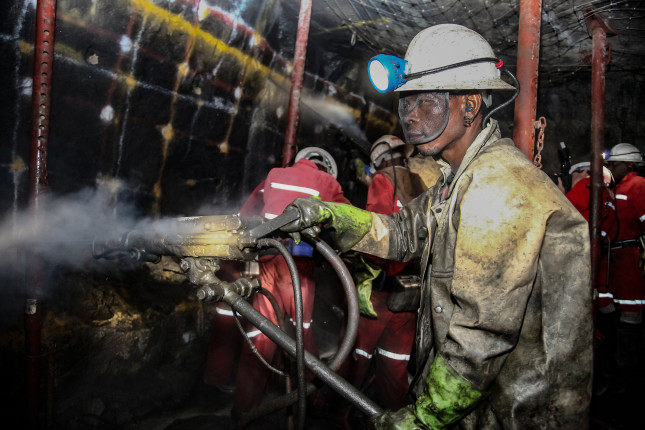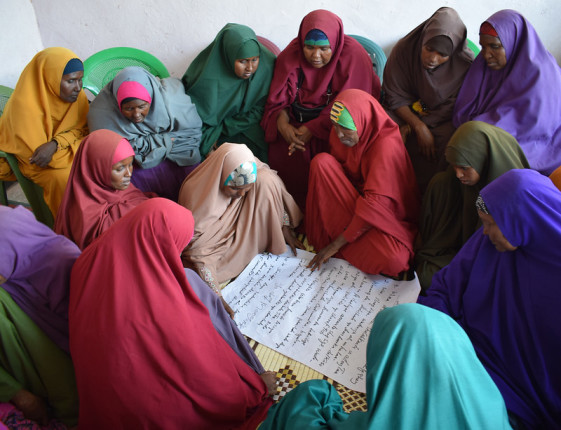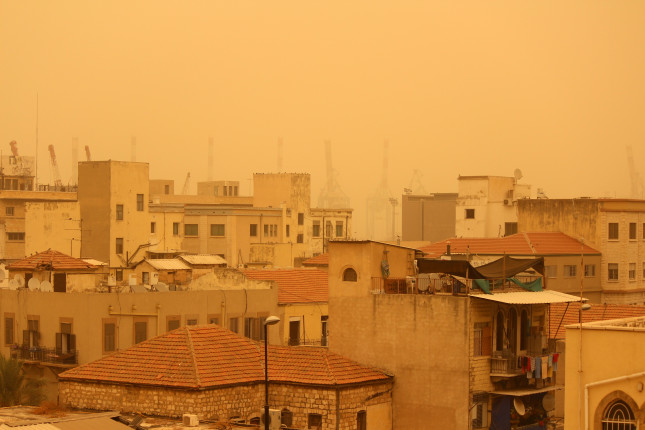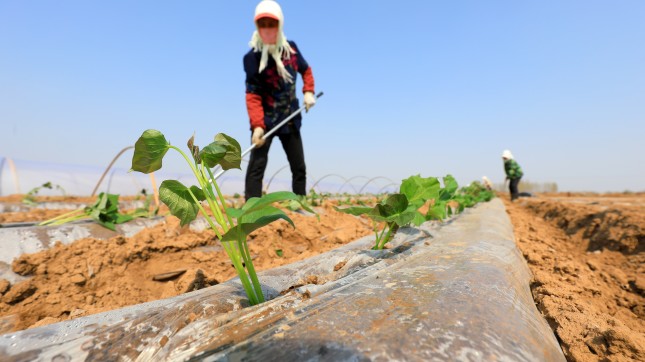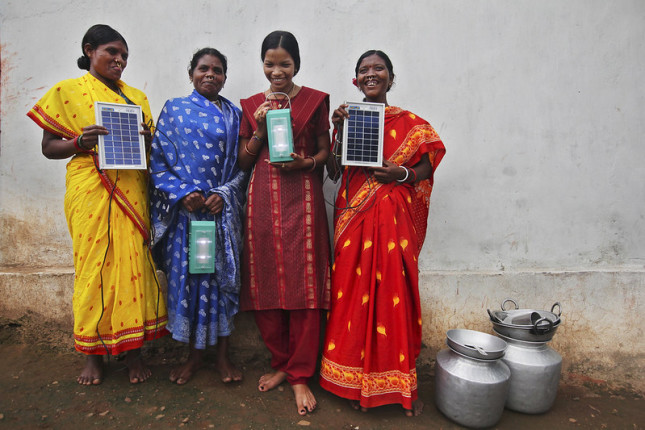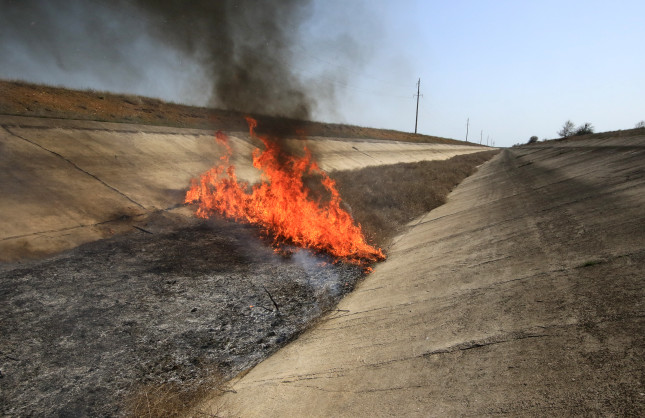-
Serious About Climate Change? Put All Options on the Table
›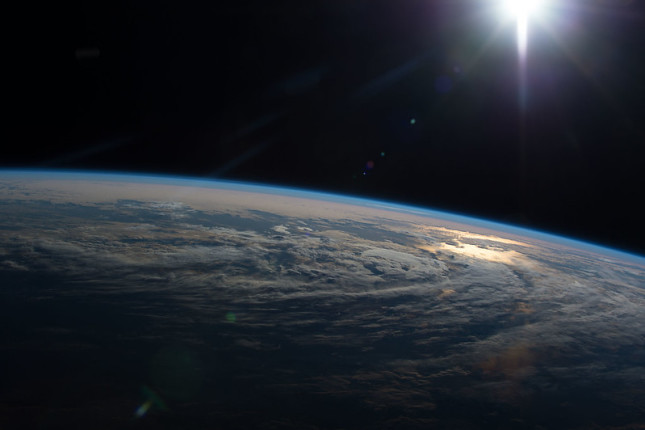
The intensifying enmity between the United States and Russia arising from the war in Ukraine may obscure a fundamental and durable milestone in climate science: One of the most significant pieces of evidence substantiating a shared major security concern—anthropogenic climate change—was the result of United States, French, and Russian cooperation. Ice cores drilled at Russia’s Antarctic Vostok Station provided among the most incontrovertible proof linking human greenhouse gas (GHG) emissions to increasing atmospheric temperatures—over two decades ago.
-
The “Fuel of the Future” and Water Insecurity in South Africa’s Platinum Belt
›May 16, 2022 // By Tokollo MatsabuHydrogen fuel is becoming a central pillar of global decarbonization strategies. The hype over green hydrogen (the “fuel of the future”) and its potential to provide an abundance of low carbon fuel to transportation and industry has enticed several major emitting countries to scale up its production. And a UN-backed initiative wants to achieve a 50-fold production increase in the next six years.
-
The Risks of Gender-blind Climate Action
›
Climate change is widely recognized as one the greatest threats to peace and security in the 21st century. The causal pathways that link deteriorating environmental conditions, insecurity, and conflict, while seldom automatic or linear, are, nevertheless, ubiquitous. The adverse impacts of climate change exacerbate other risk factors, especially in already fragile contexts. In turn, these factors magnify pre-existing economic, social, or political drivers of insecurity.
-
Why Climate Change Will Exacerbate Inequalities and Grievances in Iraq
›
The UN Environment Programme has ranked Iraq as the fifth most vulnerable country to climate change. In recent years, it has increasingly witnessed extreme heatwaves with temperatures reaching above 50°C. Iraq’s mean annual temperature also is predicted to increase by two degrees Celsius by 2050.
-
Silatech’s Hassan Al-Mulla on Tackling Youth Unemployment in the MENA Region
›
The MENA region is experiencing a confluence of stressors, from ongoing instability to intensifying climate-related issues like water insecurity. At the recent Doha Forum, ECSP’s Lauren Risi sat down with Hassan Al-Mulla, CEO of Silatech, to discuss what his organization—an international non-profit NGO focusing on youth economic empowerment—is doing to address some of these challenges.
-
Microplastics in Soil – Small Size Big Impact on U.S. and Chinese Agriculture
›Collecting plastic fragments was a game he played while helping his parents farm when growing up in rural Shandong Province, says Dr. Zhao Kaiguang, who is now an associate professor of Environment and Natural Resources at The Ohio State University: “I wanted to collect the most, but did not realize the serious negative implications of leaving plastic in the soil.”
-
An Earth Day Appeal for Sustainable Market Solutions
›April 22, 2022 // By Roger-Mark De Souza
Global insecurity driven by the conflict in Ukraine and pandemic-induced instability has come powerfully into confluence to increase threats to livelihoods across the world.
What can we do to stem the tide? This Earth Day is an opportunity to rally for action that will help us all face such challenges now and in years to come. One of the most powerful ways to do so is to solidify and expand the reach of sustainable markets. There are a number of ways that this process can begin right now.
-
Top 5 Posts for March 2022
›
The devastation wrought by Russia’s invasion of Ukraine has shocked the world. But underneath the searing photographs and headlines, the war also highlights how access to natural resources shapes conflict—and how addressing regional resource needs is central to effective peacebuilding. For instance, the contentious North Crimean Canal cut off most of the water in occupied Crimea in 2014, leading to water insecurity and a loss of arable land. In our top post for March, Mehmet Altingoz and Saleem Ali discuss the role of water infrastructure in the years-long conflict between Russia and Ukraine and explain how water-sharing agreements could make critical contributions to peace.
Showing posts from category environment.


